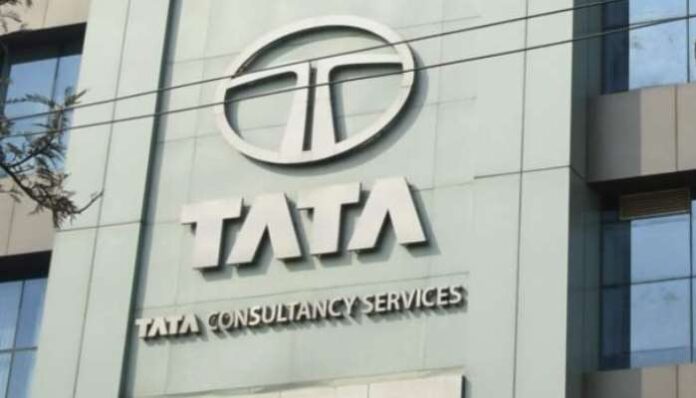
Tata Consultancy Services (TCS), India’s largest IT services firm, has launched a new hiring tier called “Prime” as part of its campus recruitment strategy.
This tier targets high-potential graduates by offering annual compensation packages between Rs 9 lakh and Rs 11 lakh, significantly higher than standard entry-level salaries.
The Prime tier is designed to secure top talent early in the recruitment process, ensuring that candidates do not explore other offers.
Addressing Challenges in Campus Recruitment
Girish Nandimath, Global Head of Talent Acquisition, TCS highlighted the challenges of campus recruitment, particularly the issue of students with the “dream” category, which offers exploring opportunities with other companies.
Also Watch: Gen AI Ready Employee Experience and Engagement, Click Here
The Prime category aims to mitigate this risk by solidifying the commitment of high-potential candidates. This move is driven by the rapid technological advancements transforming the IT services sector, necessitating the recruitment of talent with strong programming and coding skills, as well as a flair for new technologies like AI, GenAI, and machine learning.
Evolution of Recruitment Strategy at TCS
TCS recruitment strategy has evolved over the years. 2019-20, the company introduced the Ninja and Digital categories, offering annual packages of Rs 3.6 lakh and Rs 7 lakh, respectively.
The Prime category, which had been informally used for certain high-value hires, is now being formally expanded to include top-tier institutes across all business units.
Janardhan Santhanam, Vice-President and Chief Learning Officer, TCS said that this is first time the Prime tier has been widely implemented beyond the research and innovation segments.
Increased Focus on High-Value Talent
With a total headcount of 606,998 as of June 30, 2024, TCS plans to hire 40,000 fresh graduates in the 2024-25 recruitment cycle.
Also Watch: Q1 Results | The Future of IT Jobs in India for FY25, Click Here
While the Ninja category will continue to dominate bulk hiring, the proportion of hires under the Digital and Prime categories is expected to rise.
Nandimath emphasized that candidates recruited under these categories require less training, exhibit higher readiness for billable work, and demonstrate better productivity.
Additionally, starting in the Ninja category does not preclude upward mobility, as TCS assesses recruits post-training to identify those who may transition to higher categories.
Note: We are also on WhatsApp, LinkedIn, Google News, and YouTube, to get the latest news updates, Subscribe to our Channels. WhatsApp– Click Here, Google News– Click Here, YouTube – Click Here, and LinkedIn– Click Here.








